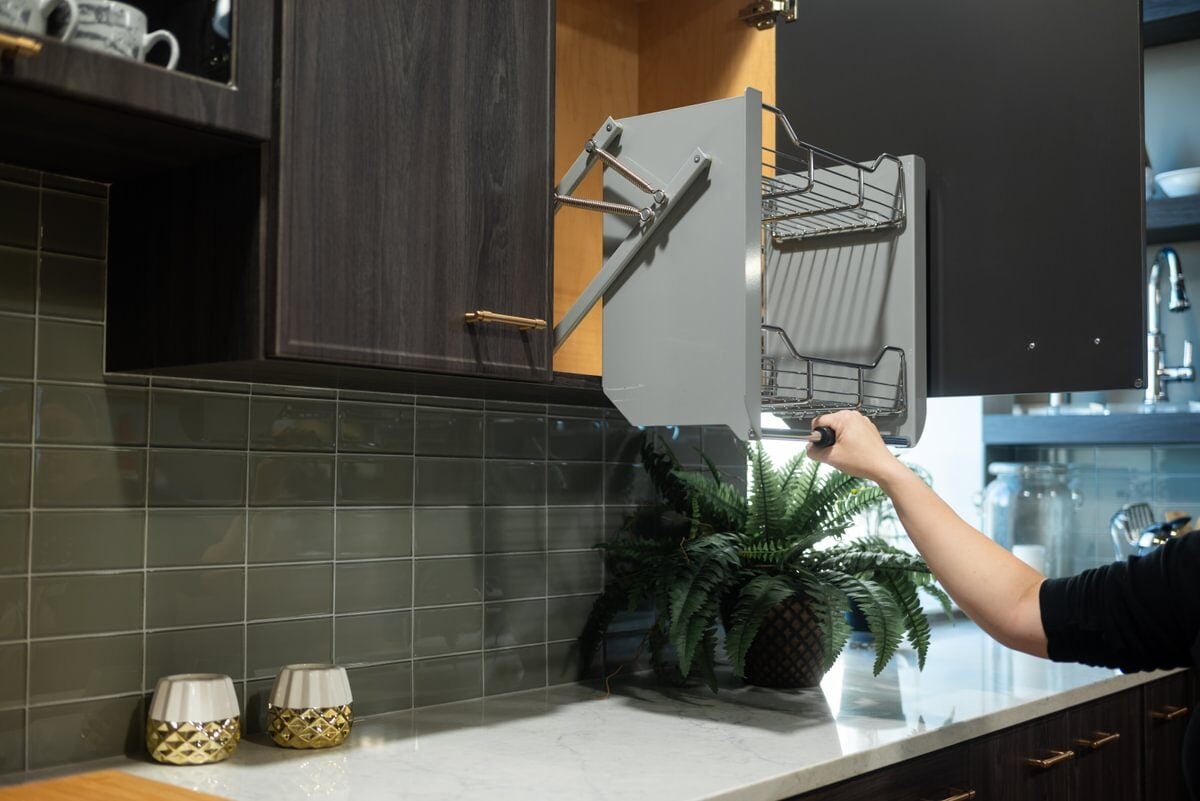
Almost every town, city and unincorporated property in America requires pulling construction permits before any construction commences. This is as true for future homeowners looking forward to breaking ground on a new construction project as it is for tried-and-true homeowners interested in replacing kitchen or bathroom cabinetry.
If you haven't started your project yet, and you're wondering if you can just skip the extra expense and time associated with building permits, issued by your local building department, we say skip that idea and take the time out to apply for permits ahead of time because it's better to be safe than sorry.
If your project is complete and you're about to sell a home (home sales are the time when un-permitted work most often poses problems), there are things you can do to avoid negative consequences.
Hire a licensed design-builder from the get-go
Most professional construction companies know exactly what work requires permitting and what doesn't, and will facilitate the process for you. Hiring a licensed professional with a solid reputation in the industry is the best way to avoid being in this situation altogether.
How is unpermitted work a problem?
Permits exist to ensure that renovations or improvements performed in any home (or commercial) space were done according to safe and best practices. Is the interior structure sound? Is the roof constructed safely and is it water tight? Is electrical, gas and plumbing work installed correctly?
This is why so many entities—title companies, homeowner's insurance carriers, lenders, building inspectors and realtors—care about permitting. Any legal issue that arises surrounding unpermitted work can fall back on them—legally—down the road if it's proven they didn't perform due diligence when the house was bought/sold.
As professional lender, Deborah Garvin is quoted on Zillow, "If major remodeling is done without permits, there is a high probability that the lender will make the determination for you by declining to provide financing unless, or until permits can be pulled to verify work was done to code and in a professional, workmanlike manner. Not pulling permits for any type of renovation or remodel is the best way I know of to create chaos on the future sale of a property. Worse case scenario? The new lender can require the home returned to the original condition PRIOR to financing approval."
What to do if you remodeled our home without a permit.
If you remodeled your home without a permit, it's worth your time to schedule an appointment with the local building inspector and discuss the options. This is also a good way to avoid any penalty fees as they give you bonus points for your honesty.
You may be just fine
If the remodel didn't involve major structural changes, you refaced your cabinets, and you switched out a few appliances - you might be just fine. Things like refacing cabinetry and even replacing the floors may not require permits, or may only require very cursory inspections and a small fee to retro-permit the changes.
You may require full inspections
If square footage was added or subtracted, major demolition occurred (removing a wall or fireplace), the roof line was changed in any way or the entire kitchen was reconfigured, requiring new electrical, plumbing and gas line work to be performed, you probably need to apply for retro-permits. In this case, the building inspector will come to the house to ensure the work was done to code.
This may require opening up the walls in certain areas so he can inspect interior electrical/plumbing/gas line/insulation, sheetrock, etc.
If so, you'll be on the hook for the permit fee costs as well as the work to open/close things back up. If anything wasn't built to code, you'll also be on the hook for whatever needs to be redone
The good news in all this is that you'll have a fully permitted home, which will fetch top-dollar on the market, move more efficiently through the sales process, and appeals more to homebuyers who are understandably wary of unpermitted construction work.
One Last Tip
While all of these factors are important to consider, I'll leave you with this one last tip…cabinet refacing, in most cases, does not require a permit! By keeping all structural components in your kitchen in tact, you are not taking the risks mentioned above.










